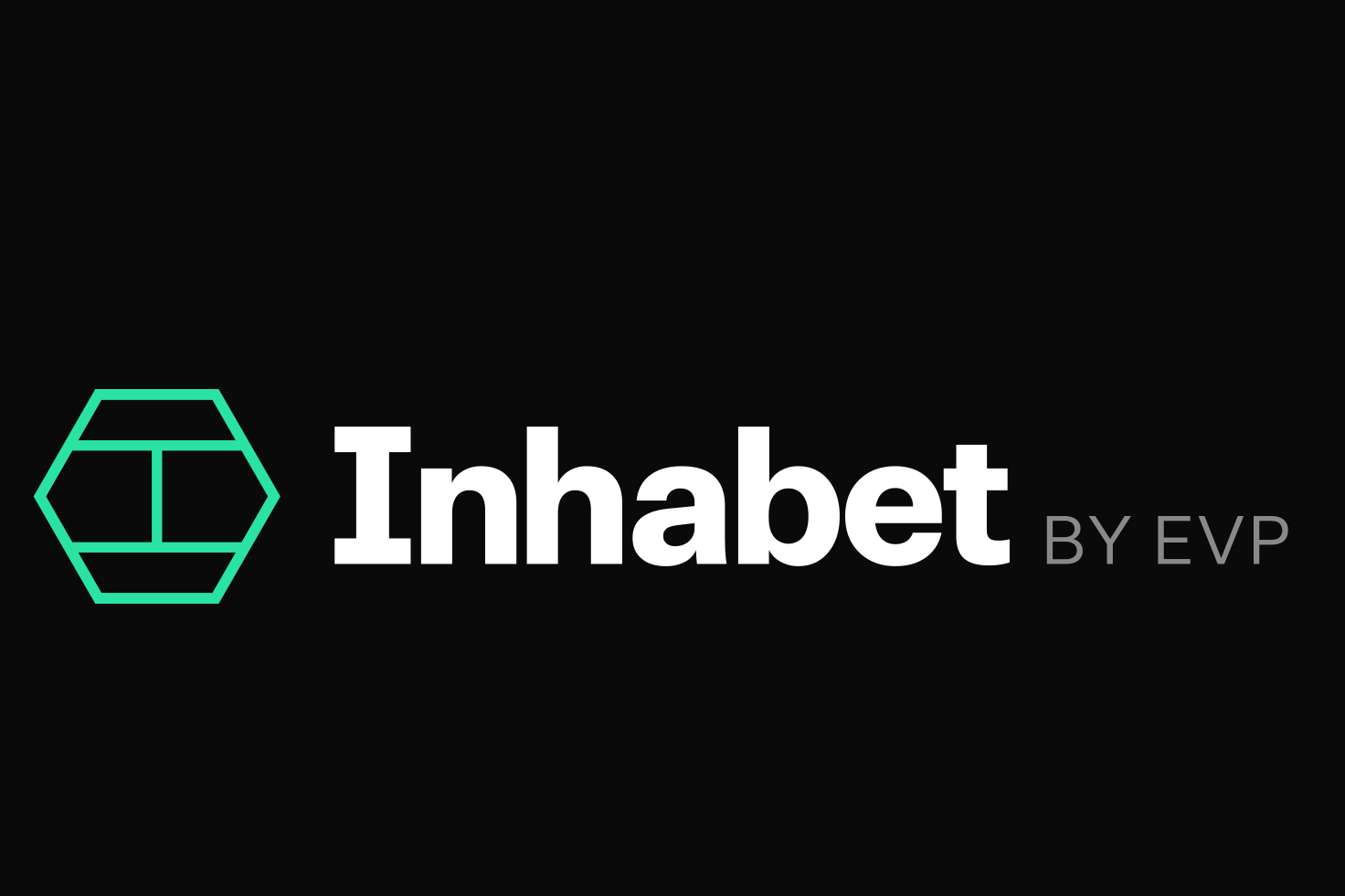This article was originally published at MPAMag
Equity Valuation Partners, a provider of home value services, valuation tools and property valuation data for the real estate industry, recently launched WAIVIT – described as a one-stop platform aimed at empowering lenders to generate their own compliant estimate of value for residential and commercial real estate properties.
Many lenders are increasingly experiencing delays in closing real estate transactions given high demand for home valuations that far exceeds the supply of appraisers. WAIVIT is said to eliminate such obstacles by utilizing data and an appraisal platform to enable lenders to come up with their own value estimates in a controlled environment via the internal evaluation bank regulatory carveout.
“The regulations allow for lenders and banks to complete their own valuations in certain cases,” Todd Rasmussen, president and COO of Evaluation Valuation Partners (EVP), told Mortgage Professional America in a recent interview. “What we found at EVP is that about 70% of our clients fit into that category. When they had issues with valuations, they would come to us and, as we did deep dives into it and looked at their process in how they were completing in-house valuations, we decided about two years ago that we would be able to help them out.”
The WAIVIT platform is self-contained and includes the comparable sale data, app-based inspection platform and valuation platform, Rasmussen noted. No third-party login is required, he added, and there is no software to install. Instead, users with basic knowledge of real estate transactions are guided through a multi-step process that leverages big data to simulate the appraisal process. Once data about the property is gathered – its age, square footage, interior condition and surrounding neighborhood characteristics – Inhabet helps lenders select and assess comparable properties, Rasmussen said.
“These are typically valuations they’re not sending out in most cases anyway,” Rasmussen noted. “They’re for what we call renewals, so they have a loan on the books and they need a value. Some of their regulators or reviewers require that they know how much equity they have in the loans they have on the books, so they manage their portfolios with some valuations. They can use them for HELOCs – generally they’re loaning their own money on those.
“This platform guides a user – which in this case would be an employee of the bank or credit union – through a valuation process. It supplies all the data in one consistent format,” he added. “It’s customizable so if you have different levels of people completing these valuations, you can set it so they can only access certain things so you don’t have somebody who may not be familiar with commercial valuations, they won’t have access to do those.”
Following refinements to comparable adjustments, WAIVIT‘s reconciliation process completes the compliant value estimate, according to corporate literature. If a lender feels they are unable to complete a valuation themselves, they can pass the valuation on to EVP to complete with the click of a button.
In a prepared statement, EVP’s founder and CEO Drew Watson recalled some of the inspiration behind WAIVIT‘s creation: “When appraisal management companies first emerged after the financial crisis, I saw an opportunity to transform appraisals for appraisers, banks, credit unions and portfolio lenders with a product that did not require an appraiser’s inspection,” he said. “With the unveiling of the Inhabet platform, we have made it possible for a lender’s trained staff to complete an estimate of value themselves.”
While much of EVP’s business is for residential valuations – including automated valuation models (AVM) and hybrid models – WAIVIT also empowers CRE valuations, enabling banks to standardize data so it can be more easily analyzed. Noting the high cost of CRE appraisals, company officials say CRE investors stand to benefit greatly from the platform, particularly since the commercial real estate industry previously had no standardized data.
To be sure, there are other real estate valuation data providers out there. EVP officials, however, point to the uniqueness of WAIVIT given that it is a valuation system with multiple data sources and the only platform that enables a lender’s staff to prepare valuation reports on their own, using a process and a set of standards that is consistent across their entire product line.
Like many inventions, WAIVIT emerged from some measure of necessity: “We came to a point where we could not handle all the orders that were coming our way,” Rasmussen said. “So, we developed Inhabet to empower lenders to use our data and process to create an estimate of value on their own. Compared to obtaining an appraised value or a hybrid appraisal from an appraiser, there is no faster, more cost-effective valuation solution than Inhabet.”
Founded in 2009 by Watson, a former CPA and active appraiser, Alabama-based Equity Valuation Partners provides a range of valuation services to banks, credit unions and other residential and commercial real estate stakeholders.




